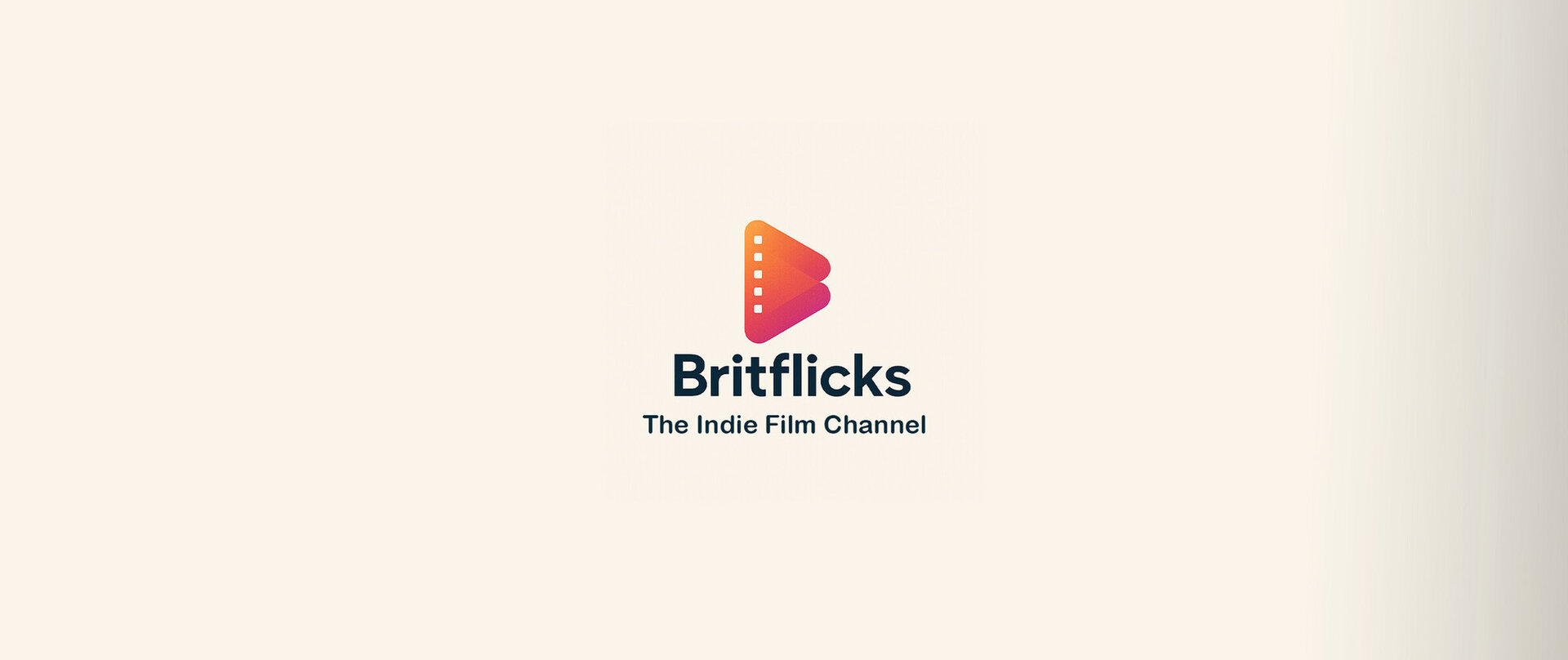BAIT is the only UK feature film to be selected for Berlinale Forum 2019.
The view may be beautiful, but you can’t eat it.
Synopsis: Martin Ward is a cove fisherman, without a boat. His brother Steven has re-purposed their father’s vessel as a tourist tripper, driving a wedge between the brothers. With their childhood home now a get-away for London money, Martin is displaced to the estate above the picturesque harbour.
As his struggle to restore the family to their traditional place creates increasing friction with tourists and locals alike, a tragedy at the heart of the family changes his world.
Early Day Films tell us about the making of BAIT.
- Filmed on a 1976 Bolex camera for portability, durability and mainly with just one lens.
- A partnership with Falmouth University’s School of Film and Television.
- A 4-week 21-day shoot. A 2:1 shooting ratio.
- All sound was added in post- production
To stay true to telling a story that involved shooting on location, much of it outdoors, working with boats, tide times, shortening days, an ensemble cast of 13, and some scenes like the pub packed with extras we knew we had to move fast and seamlessly.
The Bolex camera with Mark operating was the starting point. Light, practical and easy to move. Mark has a remarkable Directorial eye and he captures extraordinary images, that look incredible on the big screen, with this tiny camera.
In addition, we kept the crew numbers small (just 14, including director and producers) and minimal lighting kit – using natural sources as much as possible with fill in if needed.
It’s an amazing way to work. No monitor, trusting the rehearsal process and creating a shot list with editing choices in mind, together with small numbers of crew meant we could keep the whole team closely involved, working in a non-hierarchical way. As producers our heads were up not glued to a monitor, a trust in the process allowing us to be hands on and at the heart of our team.
Shooting in a community where crew and actors live...
Shooting in a community where crew and actors live as well as work it was key for us to have a light footprint, with as little fuss and disturbance as possible. Local knowledge allowed us to use and support local suppliers wherever we could. And with a small tight team flexibility in scheduling allowed us to value family life.
A partnership with Falmouth University’s School of Film and Television meant we had access to some of their facilities and we were able to offer employment to graduates and on-set experience to students.
We shot on location in Charlestown and around the Penzance area in late September/October 2017.
Filmed on a 1976 Bolex camera for portability, durability and mainly with just one lens.
Freed from the need to capture sound on set we had a wider choice of locations. All sound was added in post- production, Foley and actor’s voicing. We just recorded some guide sound red on set to assist the actors in ADR.BAIT was shot on 16mm B&W Kodak film using a 1976 Bolex camera.
By the end of production we had shot 130 rolls of 16mm B&W stock. We formed a partnership with Kodak who have been an important part of the team that has enabled this film to be made. (Eastman Double X B&W negative film 7222. 100 ft rolls) 13,000 feet, almost 3 miles of film…
…which Mark hand processed in an old Bakelite rewind tank often completing up to six rolls a day and incredibly finishing before Christmas that year.
This was the first time we had glimpses of the images… Mark sending us tantalising previews throughout the processing.
The processed film was digitally scanned at Kodak Film Labs London and Mark edited on a laptop back in Newlyn. The edit and sound became the place where we could take our time infusing the image with a tailored soundscape. Creating drones, working with the actors and a detailed Foley bringing nuance and depth to the impact of the image for our audience. Within a drama drawing on editing skills used for horror, Mark has incorporated elements to build and surprise with montage and detail.
And most astonishing, we only needed one pick-up.
Apart from the scan all processes involved in the making of Bait happened in Cornwall.
A big thanks to a formidable and dedicated team!






